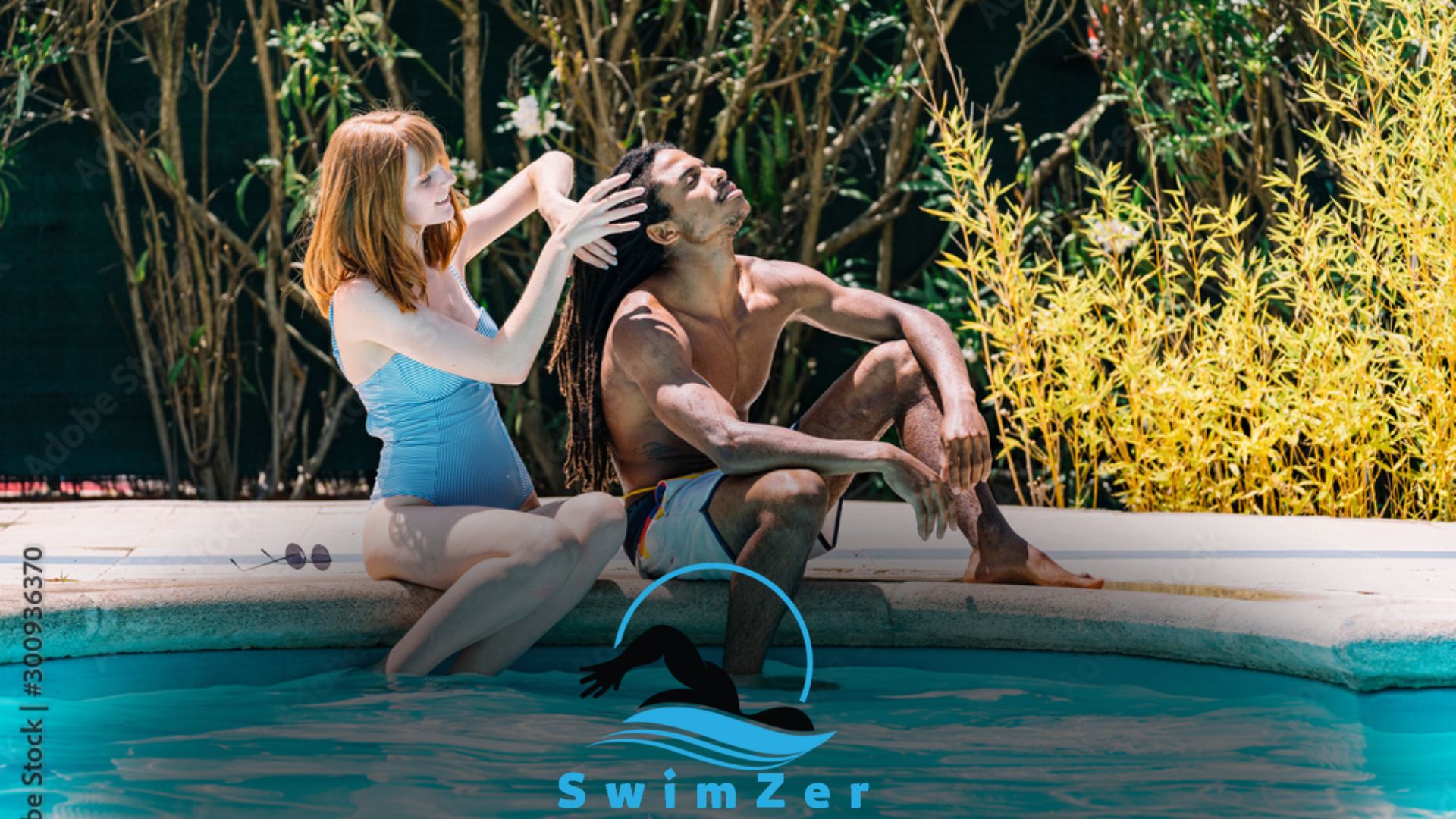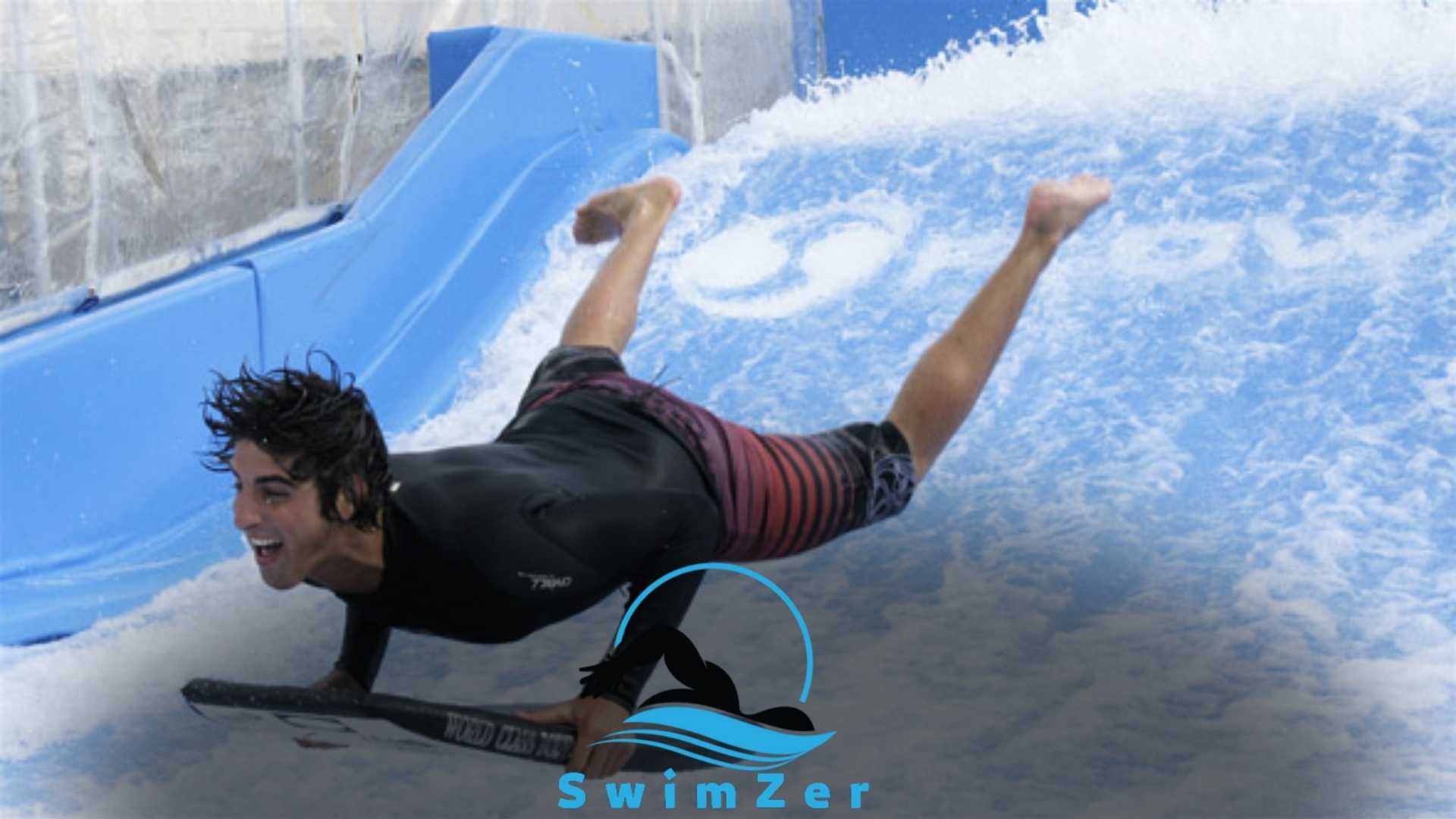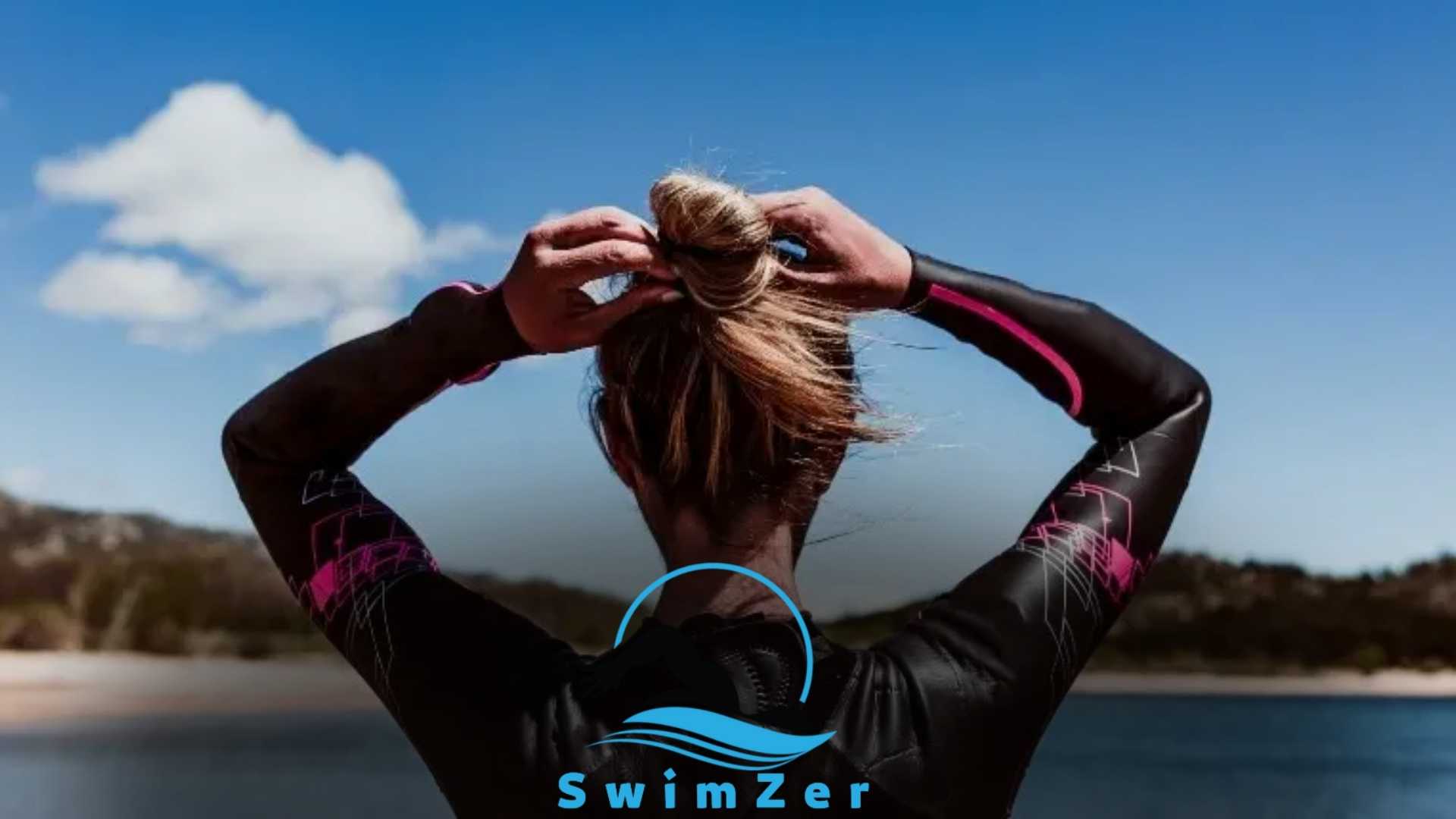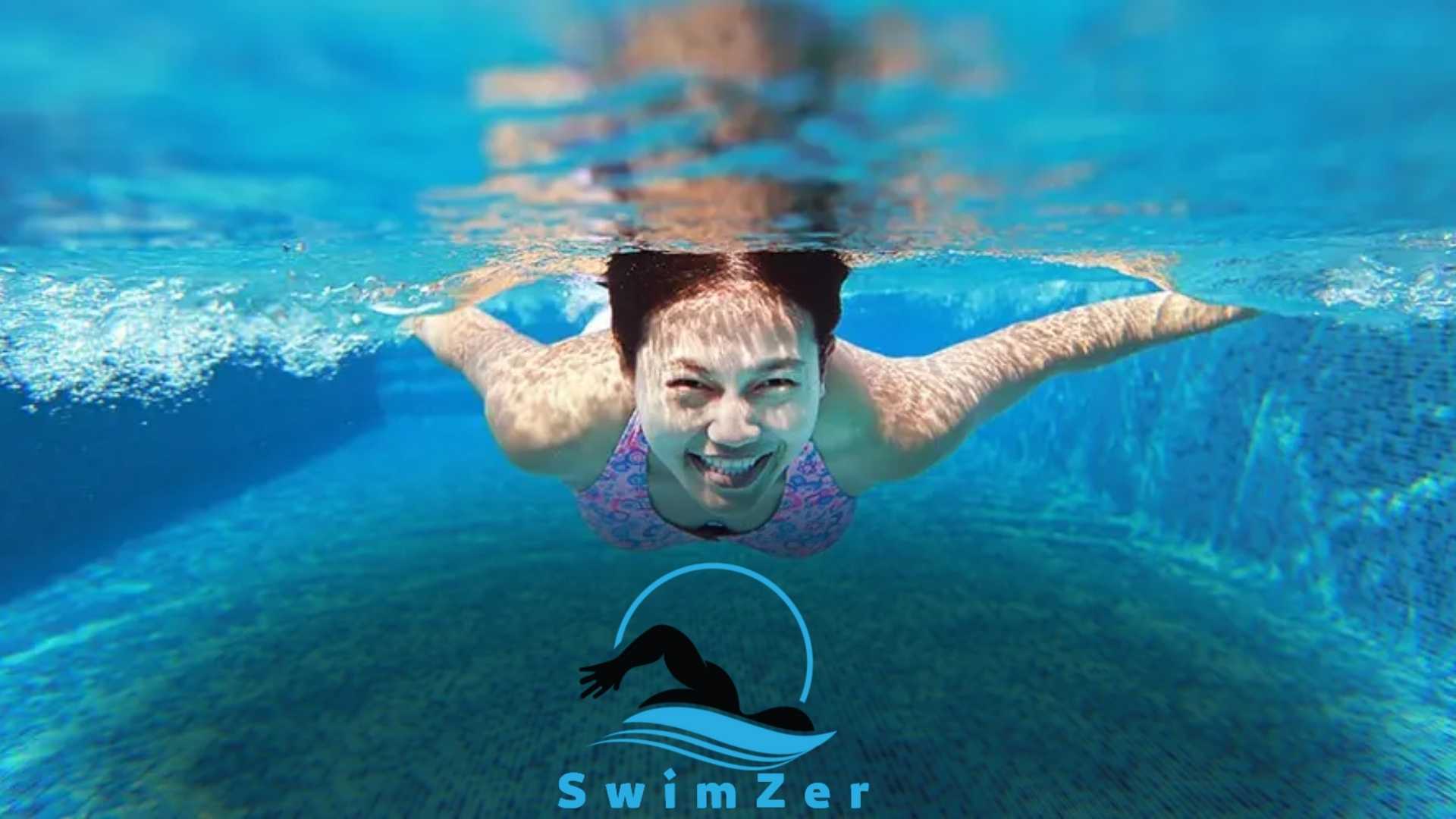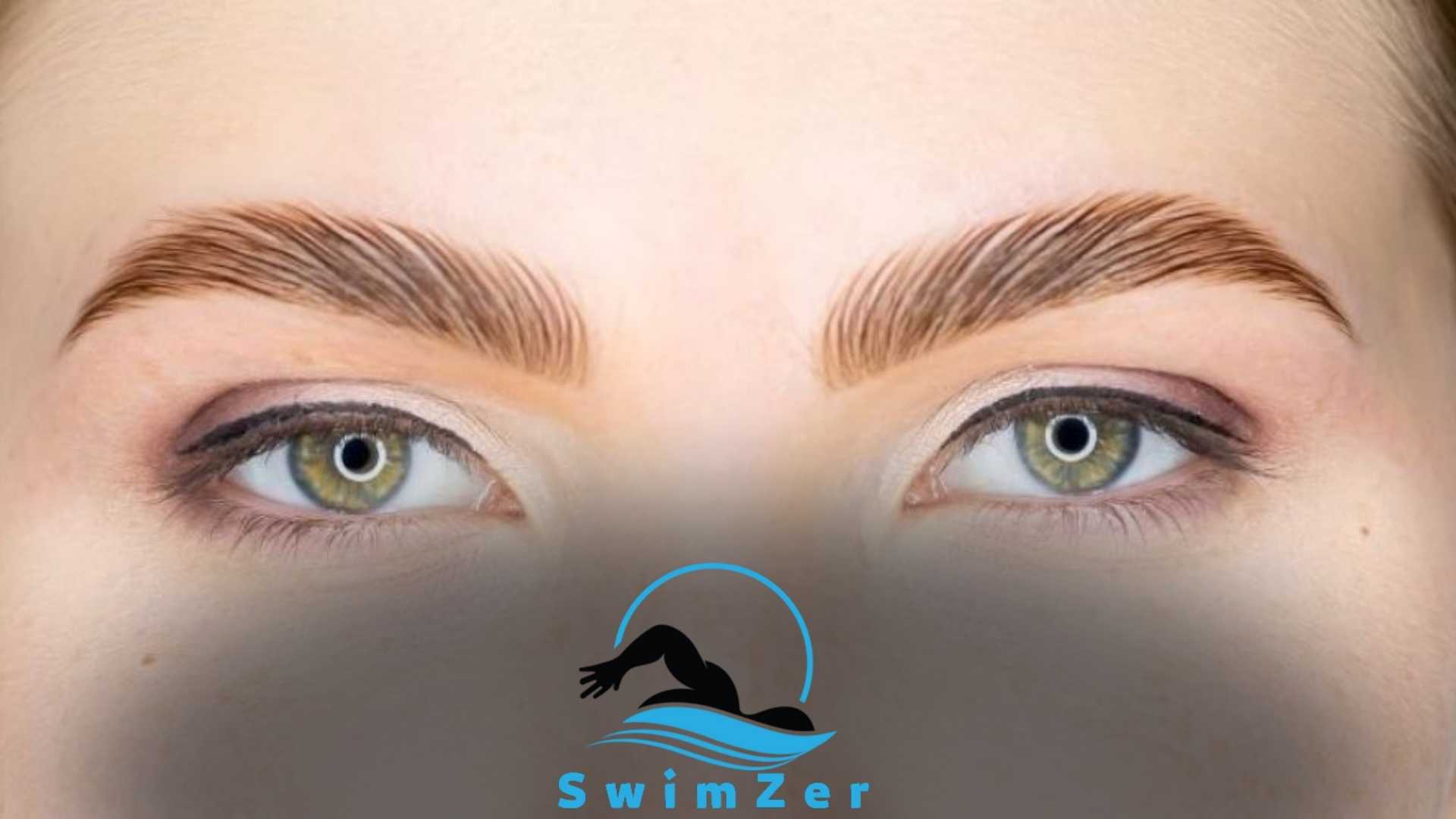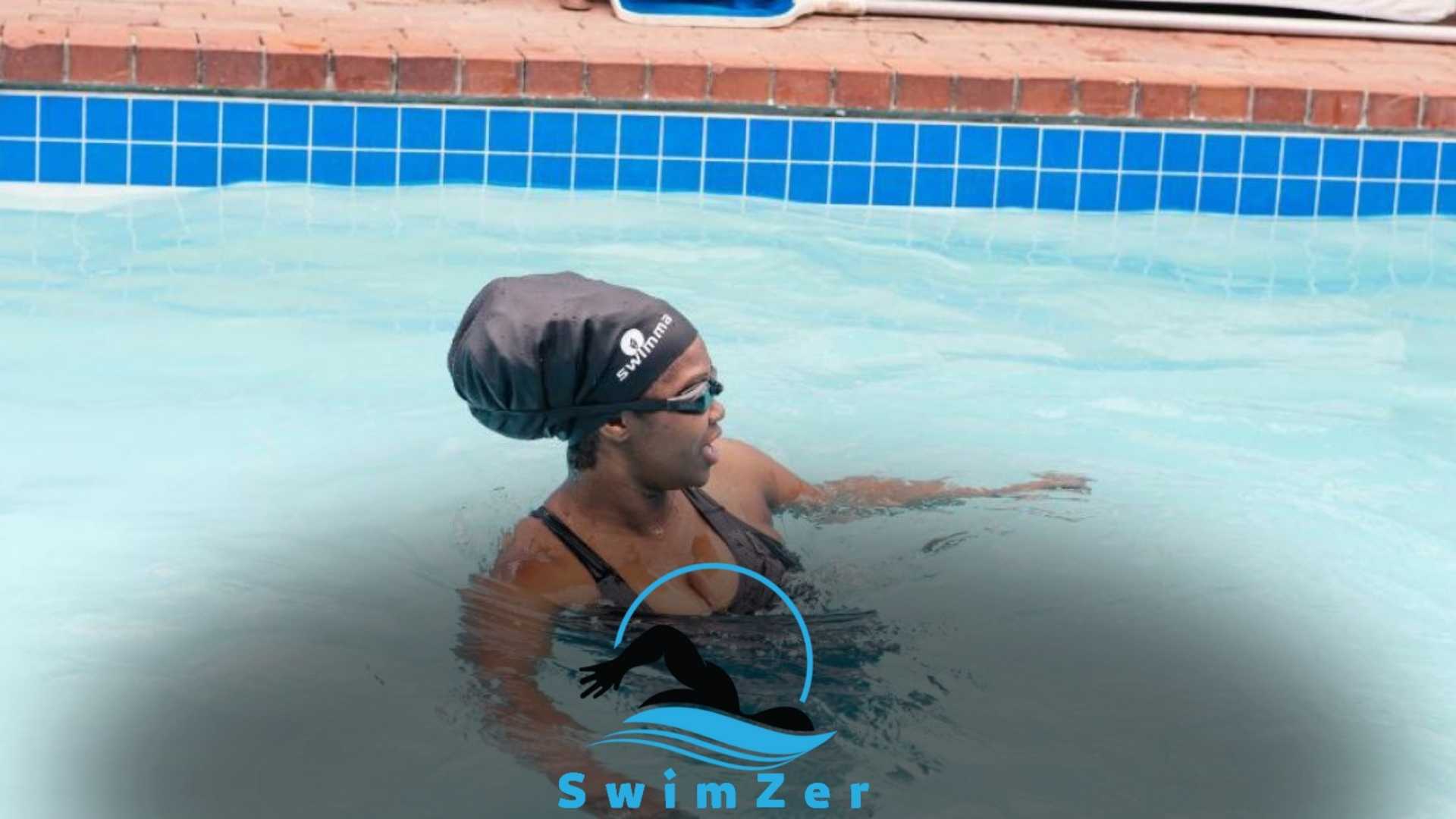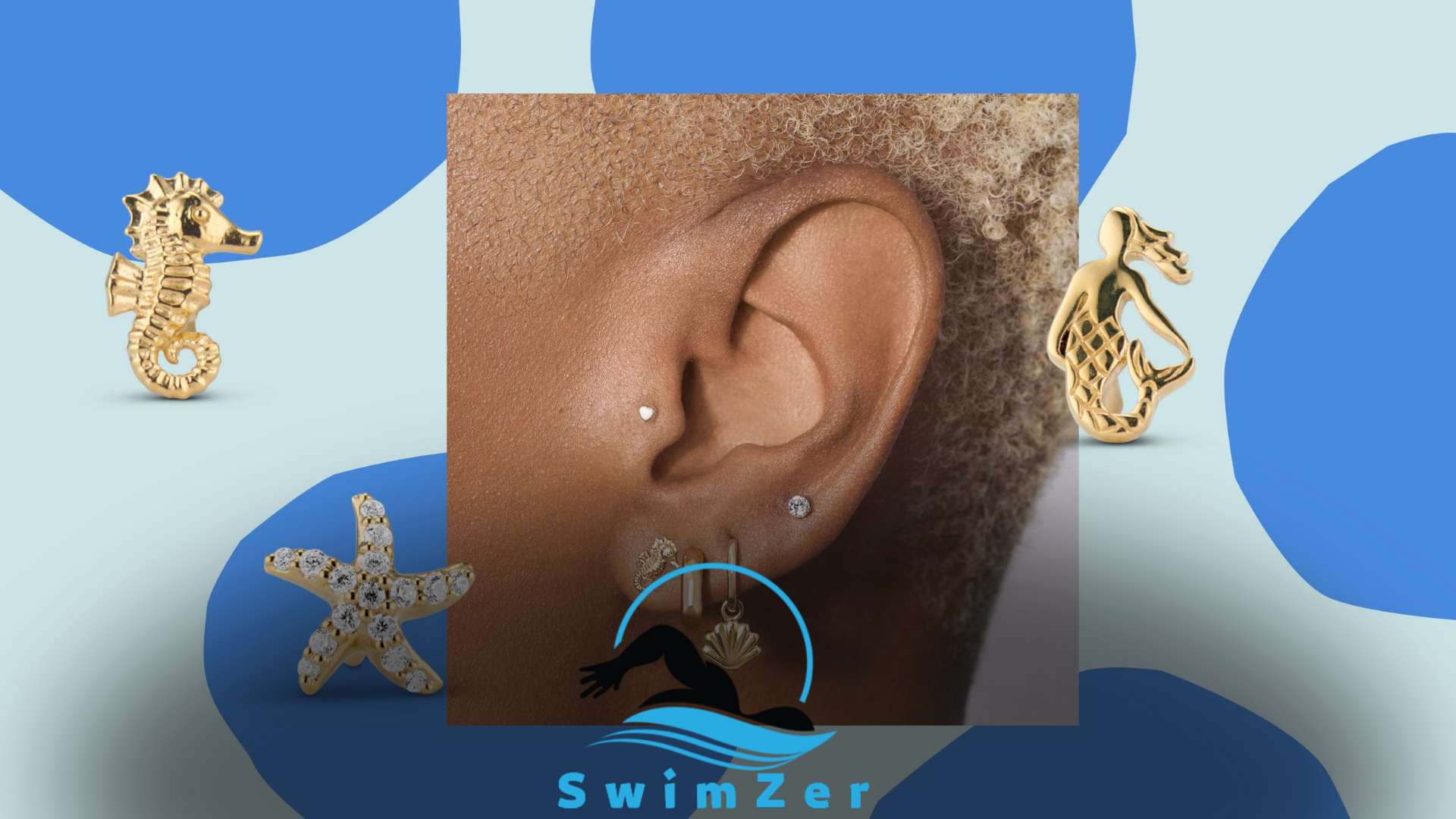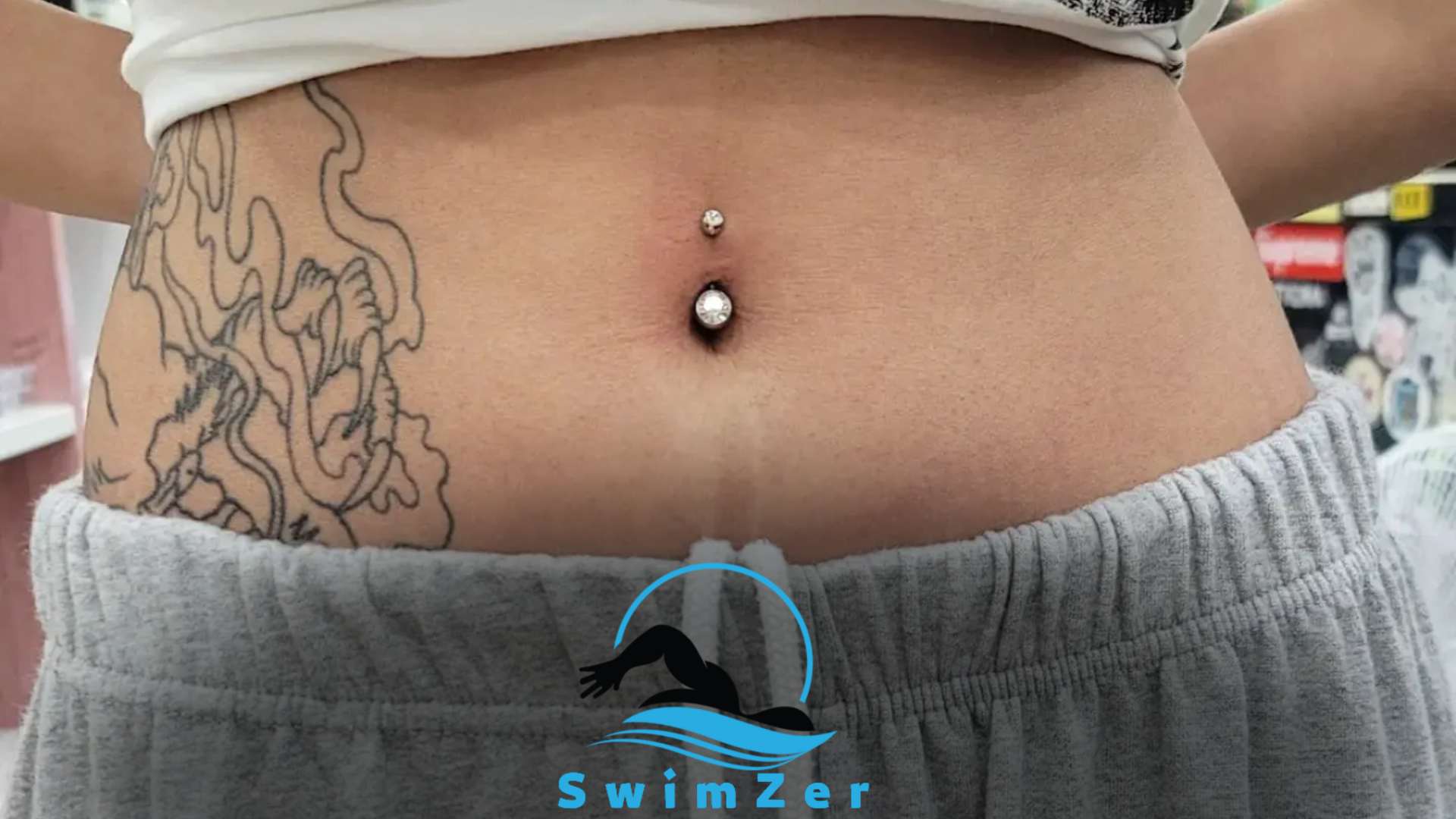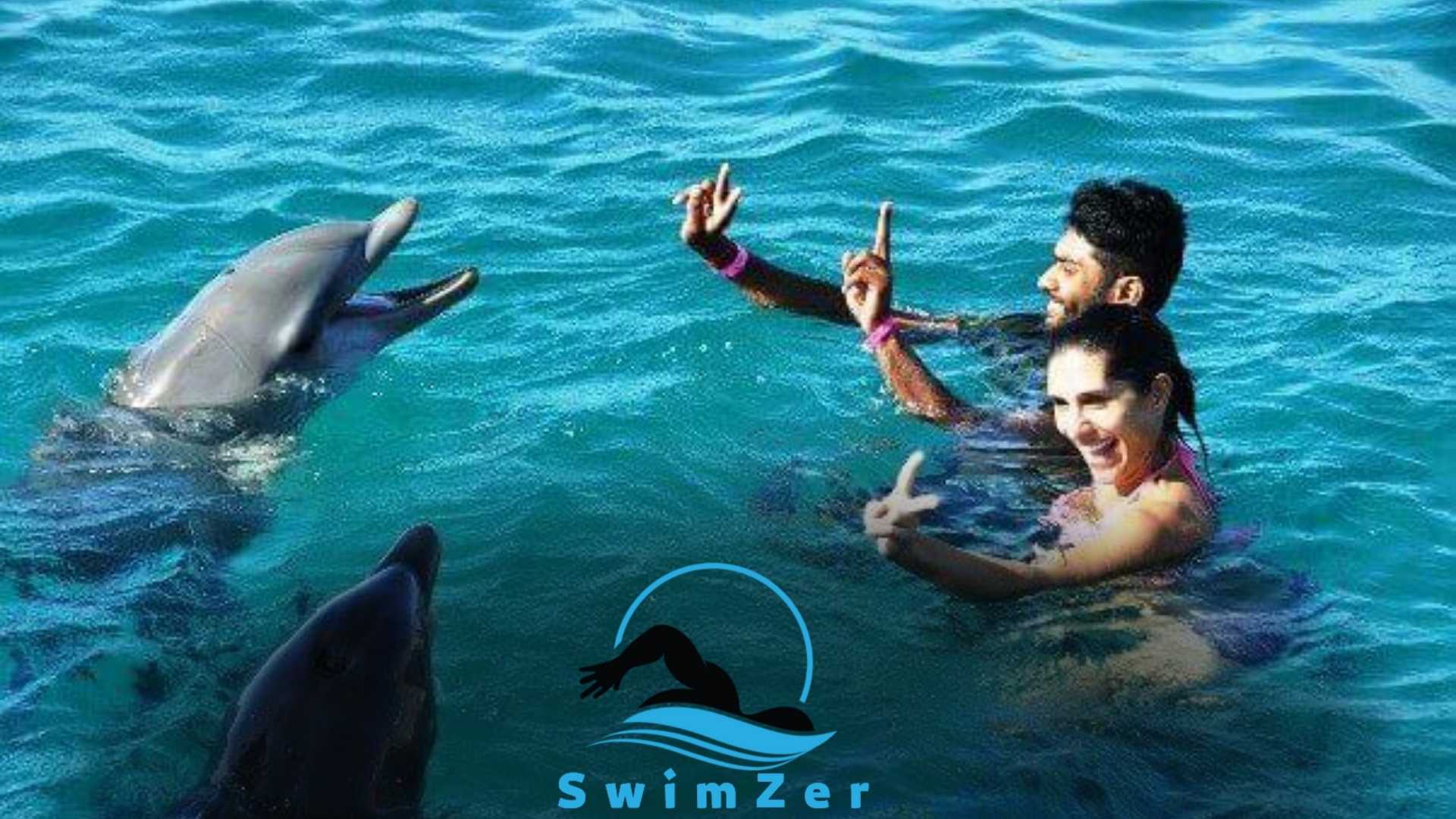Yes, you can swim with soft locs. When properly cared for, soft locs are versatile and can withstand activities such as swimming without compromising the integrity of the hairstyle.
Soft locs are a popular and low-maintenance hairstyle that can be achieved with synthetic or natural hair. With proper maintenance, swimming, showering, and even sweating should not damage your soft locs.
However, it is important to remember to protect your locs from harsh chemicals, such as chlorine, in pools, which can lead to dryness and breakage.
Pre-swim preparations, such as rinsing your hair with water before entering the pool, and post-swim care, like a clarifying shampoo, can help reduce any potential damage.
In this article, we will explore swimming with soft locs more and how to keep them healthy and strong while enjoying water activities.
Understanding Soft Locs
Soft locs are dreadlocks that are a little different from traditional locs. They are made with a softer, more pliable hair texture and are often referred to as “starter locs” because they are easier to maintain.
Soft locs offer a unique combination of versatility and durability.
They can be styled in a variety of ways and can be left in for extended periods. However, there are some cons to consider, such as they can unravel more easily than traditional locs.
When it comes to swimming with soft locs, it is possible but may require extra care to prevent damage or unraveling.
Soft locs are a great option for those looking for a low-maintenance hairstyle with a unique texture.
For those just starting their loc journey, our guide on Swimming with Starter Locs.
Pool Maintenance for Soft Locs
Swimming with soft locs may lead to hair damage from exposure to chlorine. Therefore, taking good care of your hair before and after a swim is necessary. Pre-swimming, apply a protective coating of hair oil or leave-in conditioner.
Washing the hair with clean water immediately after swimming is a must. Chlorine is known to bleach and damage hair fibers, which can cause hair to break off.
So, frequent washes and conditioning post-swim will help to reduce any damage caused by chlorine.
Prevention is key, and properly caring for your soft locs before and after swimming will ensure healthy and beautiful hair.
Beach Maintenance for Soft Locs
Swimming is a great way to enjoy the beach but can be a nightmare for soft locs. Saltwater can cause dryness and stiffness, damaging hair strands. Before heading to the beach, moisturize your hair using a leave-in conditioner or natural oil.
Protective styles like braids can also safeguard your hair from salt water. After swimming, rinse your hair with fresh water to remove salt and sand.
Use a sulfate-free shampoo to wash your hair and deep condition to restore moisture. Don’t forget to moisturize your hair daily to prevent any further damage.
Follow these pre-beach and after-beach routines to keep your soft locs healthy and strong against the harsh effects of saltwater.
Maintaining Soft Locs in General
Soft locs are a popular hairstyle that requires proper maintenance to keep them healthy. There are a few best practices to follow when it comes to maintaining soft locs.
First, use recommended products for soft locs, like a lightweight oil or leave-in conditioner.
Second, be gentle when washing soft locs to avoid damage. Use cool water and sulfate-free shampoo to prevent tangling and frizz. Lastly, avoid submerging your head in water so you can’t swim with soft locs.
Remember to take care of your soft locs to maintain your desired beautiful style.
If you have butterfly locs and are considering diving in, check out our article on Butterfly Locs in the Water.
Myth 1: You Can Swim With Soft Locs Immediately After Installation
Swimming with soft locs immediately after installation is a myth. False rumors on social media perpetuate this myth. The truth is, you should wait at least a week before swimming with soft locs.
Swimming in chlorinated or salt water can cause harm to newly installed soft locs.
To avoid matting or frizzing, one should take necessary precautions such as wearing a swim cap or tying the soft locs into a bun or braids before swimming.
It’s important to protect your hair investment by being patient and waiting until the hair is secure enough before exposing it to water.
Remember, water damage can cause frizzing or even loc unraveling. So, give your soft locs time to settle in before diving into the pool or beach.
Myth 2: Saltwater is Better for Soft Locs Than Chlorine
Swimming is a fun way to cool off and stay active during hot weather. But it can be challenging for those with soft locs to maintain them after water exposure.
There is a common misconception that saltwater is better for soft locs than chlorine, but this is not entirely true.
While saltwater may appear softer and more natural, it can still damage the hair and scalp if not managed appropriately. On the other hand, chlorine-treated water can strip the hair of moisture and natural oils, leaving it dry and prone to breakage.
To avoid any issues, it’s crucial to manage saltwater exposure properly. You can protect your soft locs by using a swimming cap, applying leave-in conditioner beforehand, and washing your hair afterward to remove any salt or chemicals.
With the right precautions, you can still enjoy swimming with soft locs.
Myth 3: You Can Just Air-Dry Your Soft Locs After Swimming
You may wonder how swimming affects your hair if you have soft locs. The myth that you can air-dry your hair after swimming is false. Chlorine, saltwater, and other chemicals can damage your locs, causing them to become brittle and break.
To prevent this, you need to dry your locs properly after swimming. One suitable technique is to use a microfiber towel or a dry t-shirt to squeeze out excess water gently. You can also use a hooded dryer on low heat or sit under a dryer cap.
Remember to condition your hair after swimming to restore any lost moisture. Taking the proper steps to dry and care for your soft locs after swimming can help maintain their health and beauty.
Maintaining the health of your locs while swimming is crucial. Our article on Taking Care of Locs While Swimming.
Frequently Asked Questions
Can You Swim With Soft Locs Without Any Damage?
Yes, you can swim with soft locs without any damage, but you should take some precautions. Before swimming, rinse your hair thoroughly with clean water, apply conditioner, and wear a swim cap to protect your hair from the chlorine.
How Often Should You Wash Your Soft Locs After Swimming?
It depends on how frequently you swim, but washing your soft locs at least once a week is recommended. Use a moisturizing shampoo and conditioner to prevent over-drying your hair and scalp.
What is the Best Way to Dry Soft Locs After Swimming?
The best way to dry soft locs after swimming is to squeeze out excess water gently with a towel and let it air dry naturally. Avoid using a hairdryer as it can cause damage to your hair and scalp.
Is It Necessary to Wear a Swim Cap With Soft Locs?
Yes, it is necessary to wear a swim cap with soft locs to protect them from chlorine and other chemicals in the water. This will also prevent tangling and breakage of locs.
Can You Style Your Soft Locs After Swimming?
Yes, you can style your soft locs after swimming. But make sure your hair is dry before styling. You can also apply a leave-in conditioner or oil to moisturize and soften your hair before styling.
Conclusion
After reading this article, you now have a better understanding of whether or not you can swim with soft locs. As we’ve discussed, it’s essential to take the necessary precautions to ensure the safety and longevity of your locs.
By gently washing and conditioning your hair after swimming, you can keep your soft locs healthy and clean.
Always wear a swim cap and avoid excessively soaking your hair to prevent unwanted stretching or damage. Whether you’re lounging by the pool or going for a swim in the ocean, you can confidently rock your soft locs without worrying about any potential damage.
So go out there, have fun, and splash with your beautiful, soft locs!

